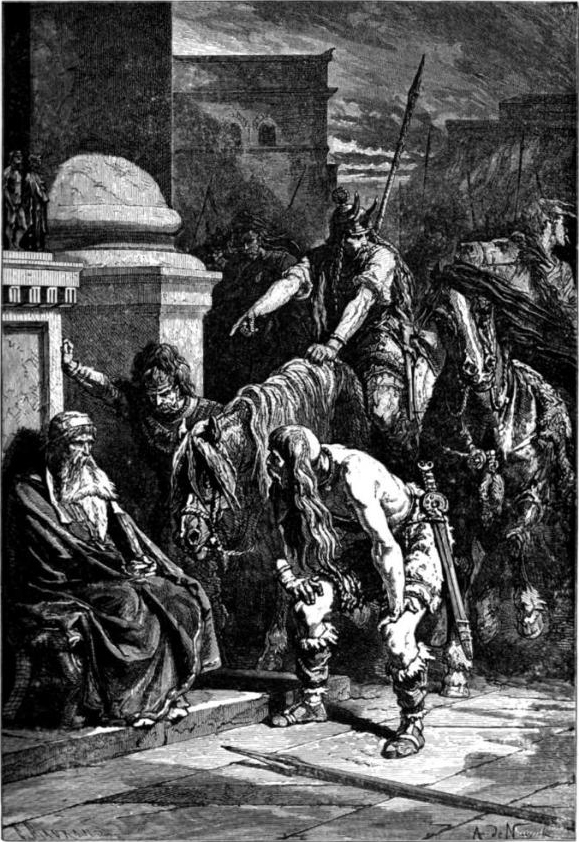
Recently, I was reminded of an anecdotal tale from the early Roman Empire about the introduction of Gauls to the Roman Senate. The anecdote is also frequently alluded to in Professor Mary Beard’s excellent overview of Roman History titled SPQR: A History of Ancient Rome.
In 48 CE, Emperor Claudius was trying to convince the Roman Senate in his capacity as princeps (first among equals in the Senate) to allow Gauls as members of the Senate. According to Professor Beard, Claudius played up Rome’s ancient history during the time of Romulus and the fact that it had been founded on foreigners being integrated into Rome (sometimes forcibly), so why should Gauls, who had been part of Rome for generations since Julius Caesar’s conquest, be any different?
But this didn’t go down well, for some Romans. There were plenty of Roman stereotypes about Gauls, not the least of which was their different appearance. According to Greek historian Diodorus Siculus he described them in the first century BCE like so (source):
Some of them shave their beards, but others let it grow a little; and the nobles shave their cheeks, but they let the mustache grow until it covers the mouth.
Romans often used the term “hairy Gaul” (Gallia Comata) to describe the province of Transalpine Gaul which included territory that Julius Caesar had conquered in the Gallic Wars. In the video series Historia Civilis, the narrator explains in one video that when Caesar in his role as dictator, appointed some Gauls to the Senate in order to fulfill some of his post-conquest promises, the people in Rome had an uproar. There were jokes about Gauls invading Rome (just as they did centuries before), asking for directions to the Senate house. Professor Beard confirms these jokes were making the rounds among the people in Rome.

However, despite these persistent stereotypes as hairy barbarians, the Gauls, especially among the nobility, were adopting Roman lifestyle habits, dress, using Latin language and even teaching their children Latin. They were just about as Roman as anyone else was, but Roman “natives” kept looking down at them.
A century later, when Emperor Claudius gave his speech, he still had to justify the idea to the Senate:
If anyone concentrates on the fact that the Gauls gave Julius Caesar, now a god, such trouble in war for ten years, he should consider that they have also been loyal and trustworthy for a hundred years since then.
Mary Beard, “SPQR”, chapter 12
It’s interesting that many Romans, despite being founded on a tradition of integration with foreigners, still couldn’t stomach the idea of Gauls in the Senate both in Julius Caesar’s time and later with Emperor Claudius. Despite Roman citizenship being granted to people in the provinces, some people simply felt they were more “Roman” than others, regardless of legal status.
Interesting parallels for our times.
P.S. For a fascinating look at the real Gauls, including Celtic culture at large, I highly recommend this podcast. Needless to say, there is a lot about ancient Celts that people don’t know.